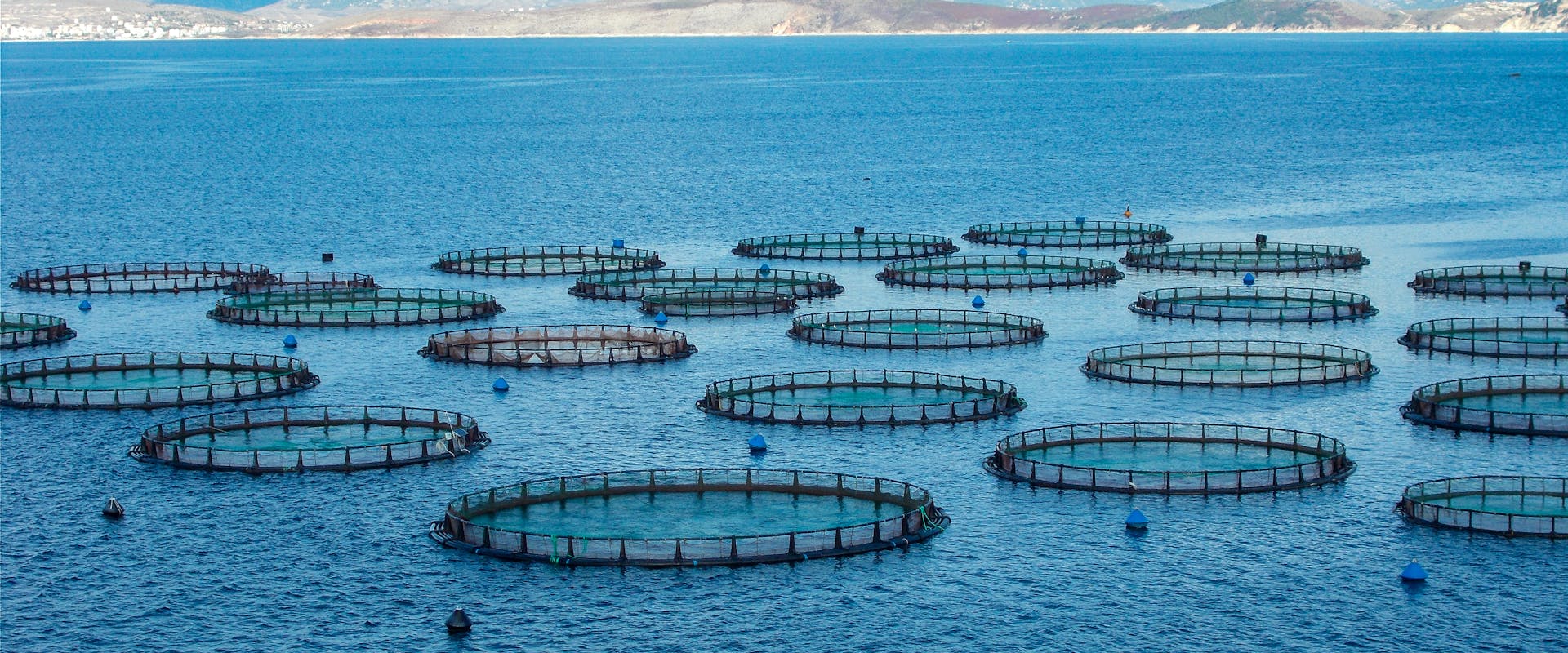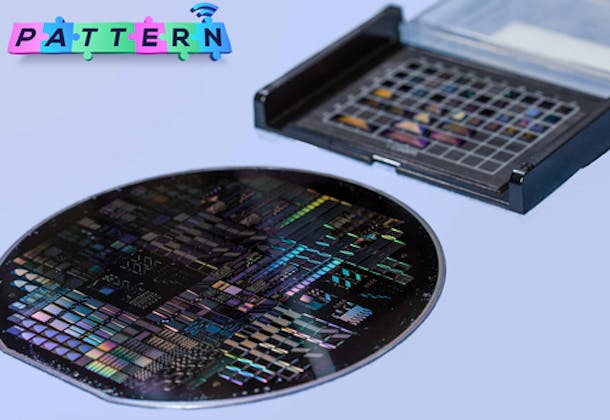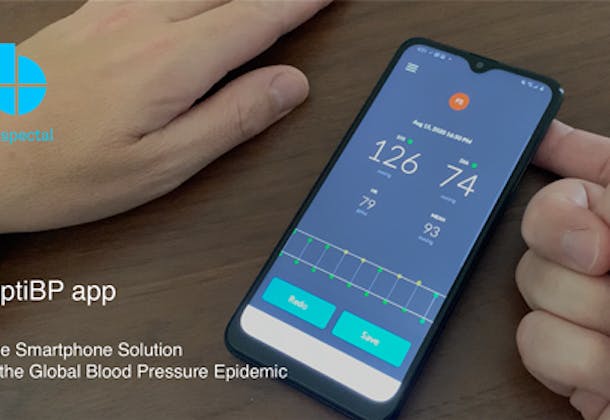€3 million EU funding for PHOTO-SENS
The European Commission has awarded a Fast Track to Innovation (FTI) grant of €3M to a consortium of 5 companies to develop a photonic biosensing platform for aquaculture applications.

The project PHOTO-SENS brings together partners from across the value chain: production of photonic biochips (Surfix, NL), photonics assembly and packaging (PHIX, NL), microfluidics integration (CSEM, CH), equipment manufacturing (LRE Medical, D), and diagnostic services in aquaculture (Tunatech, D).
The consortium will work on the industrialization of the platform and reducing manufacturing costs, building on a previously developed prototype. PHOTO-SENS will focus on DNA-based diagnostic applications in aquaculture such as detection of salmon pathogens and early sex discrimination of sturgeon, thereby contributing to a sustainable food supply chain and global food security for future generations.
“We have been developing photonic biosensors for human diagnostics, such as the detection of cancer or COVID-19”, said Luc Scheres, CTO of Surfix. “But this technology also has a lot of potential for other application areas, such as aquaculture. The main goal of PHOTO-SENS is to show that our sensors offer added value in this market at an acceptable price.”
“Photonic chips work with light rather than electric current. One of the main advantages of the PHOTO-SENS chips is that they work with low-cost optical components. PHIX can integrate the light source and detector on the chip, enabling the mass production of plug-and-play sensor components”, added Joost van Kerkhof, COO of PHIX.
“In the final product, the photonic chip will be part of a microfluidic cartridge that takes care of processing the sample and guiding it over the sensor”, said Vincent Revol, head of Research and Business Development at CSEM. “We will design and make this cartridge and figure out what is the best way of integrating the chip in the cartridge.”
“The cartridge will be inserted in an instrument that will read out the test result. LRE has already built a prototype read-out system. In PHOTO-SENS we will take this to the next level to ensure the system is ready for industrial production and certification”, said Claudia Strehle, VP Business Development at LRE Medical.
“With the PHOTO-SENS platform, routine testing can become a reality in aquaculture. Our customers are interested in various diagnostic tests”, explained Florian Borutta, CSO at Tunatech. “For example, sturgeon farmers need to know if a fish is male or female for more efficient caviar production. Only very recently a DNA marker for sturgeon sex has been found, and it would be highly valuable to have a simple test to determine this. As another example, there are large economic benefits if you can detect pathogens in the water environment of your salmon farm at an early stage, be it in cages or in recirculating aquaculture systems.”

Funding
This project has received funding from the European Union’s Horizon 2020 research and innovation programme under grant agreement No. 965643.

About Surfix
Surfix was founded as a spin-off from the laboratory of Organic Chemistry of Wageningen University in 2011 and was acquired by Dutch companies Qurin Diagnostics and Lionix International in 2019. The company has evolved from being a R&D service provider to developing advanced nanocoating-enhanced biosensor components for Point-of-Care diagnostic applications.
e-mail: info@surfix.nl
telephone: +31 85 488 1285

About PHIX
PHIX provides packaging and assembly services for all major photonic integrated circuit (PIC) technology platforms and is specialized in hybrid integration of chip-to-chip and fiber-to-chip modules. Located in Enschede, The Netherlands, PHIX provides a one-stop-shop for PIC assembly, from design to manufacturing, in scalable production volumes.
e-mail: info@phix.com
telephone: +31 53 483 6850

About LRE Medical
LRE Medical is a leading provider of contract engineering and manufacturing of complex and highly integrated instrumentation for the IVD, MedTech and Life Sciences industry. LRE offers one-stop shop solutions from early feasibility studies through product development, manufacturing, after-sales service to lifetime product support. LRE manages project risks and assures compliance through tight integration of engineering and manufacturing. With 60 years of comprehensive expertise LRE has a history of proven success and continuity.
e-mail: info@lre.de
telephone: +49 89 354 8030
About Tunatech

About Tunatech
Tunatech has been established after a long-standing involvement in several European research projects dealing with fisheries and aquaculture, especially of the Atlantic Bluefin Tuna (Thunnus thynnus). The core competence of the company focuses on the reproduction of high-priced fishes like Tuna species as well as services and diagnostics in the fields of aquaculture, fisheries, and molecular ecology.
e-mail: info@tunatech.de
telephone: +49 211 8308 4979


